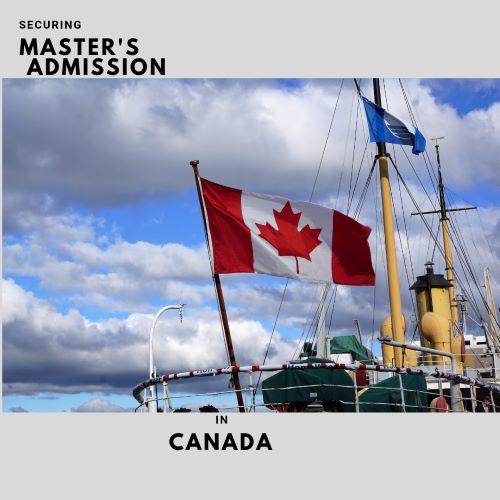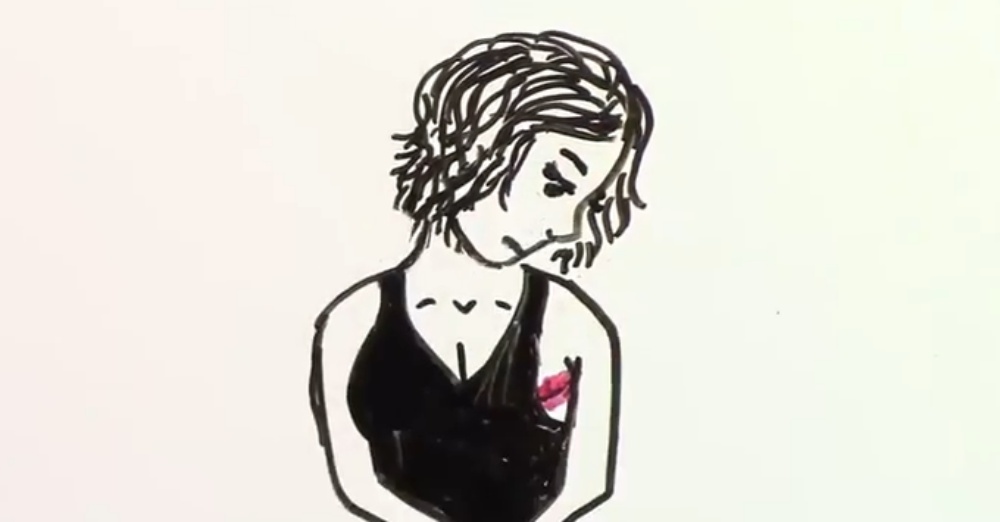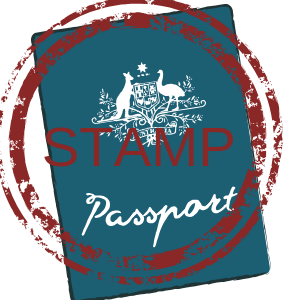
I sit here reflecting on how this time last year I was getting ready to apply to the school I am currently in. It was definitely a long journey especially finding the course I wanted to do for my masters in Canada. Well, if you are considering pursuing a masters degree and not sure if it is worth it then you will find this post useful.
Finding a master’s course in Canada is very tough because the options are very limited. The journey to finding a school was one of the most stressful processes I have had to embark on.
In early 2017, I put in my first application to a Canadian University and I got rejected. It made me reevaluate if I really wanted the course. During my evaluation, I figured I could still do what I wanted as a course under another degree.
After about 3-4 months, I eventually found 2 schools offering what I was looking for. During this period, I kept going to international university fairs to enlighten myself and explore more options. Initially, I got discouraged from going to these fairs because people got rejected by the schools I was considering. In hindsight, the fair benefitted me to think & act smart as I learnt that it is okay to be rejected but I was still reluctant to apply. I eventually summoned the courage to apply to one school.
My parents suggested using a university placement agent. The agency was not useful in helping me secure admission in the school I was applying to because they had no affiliation with the University. I eventually applied myself in November 2017 and the agency offered little to no help with the application. My friend who owns Ileiwe Education services was very helpful.
The hurdle of document submission began as my first transcript never made it to the university and one of my referees ghosted me. I was left with no choice but to find another referee. The only way I could change my referee was to get my new referee to send the hard copy reference to the institution. The stress from trying to get this sorted out made me give up and abandon my application until I went to an international university fair organized by PFL. I met a woman that shared tips on how to make sure my document is received by the University. I eventually used the tip and the school received all my documents in March.
During the period between November and March, I kept going to international university fairs to get as much information as I can. I went for one organized by Canadian immigration in Nigeria. They blatantly said Canada was not looking for postgraduate students. They are right because postgraduate course options are very limited. The few “not boxing” courses were definitely competitive. For those really willing to come To Canada via postgraduate studies were referred to apply online, not on the spot admission like the undergraduates. I went home heartbroken.
On the night of May 1st, 2018, I was mentally preparing for work and I checked my mail and saw my conditional admission letter sitting in my inbox. I was really excited. As part of the condition for the admission, I had to send the school my sponsor’s bank statement to prove that I had the fees to cover my tuition and I got the official letter from the faculty of graduate studies right after.
Tips For Securing A Postgraduate Admission
- A simple google search is not a reflection of all the schools offering the degree you want. A course in one school is most likely a different name in another school.
- Send emails or call the department of your chosen field of study or the faculty of graduate studies to ask questions before applying. The application fee is not cheap, it is usually between CAD$ 100-200.
- Start your application at least a year before the admission year you are considering. September admission should consider the Christmas holiday window when sending your documents.
- There are universities that do not require you to do GMAT or GRE. Business-related courses are more likely to be required to write one of these exams.
- Don’t be afraid to tell the school that you are from an English-speaking country if you are required to write IELTS. In some cases, your country’s high school examination body’s result (WAEC, KSCE, IGCSE) is sufficient enough to get an exemption from writing IELTS. However, it is safer to write IELTS.
- Also, if your first degree is from an English-speaking country, you are likely to be exempted from taking IELTS.
- Apply to more than one school and ensure you meet most or all the requirements of the schools. Don’t rely on only prayer to save you if you don’t meet the requirements.
- Everyone is heading to Ontario as it is the most populated province which means competition to get into schools is tough. Check for other schools outside Ontario.
- DO NOT APPLY TO PRIVATE SCHOOLS IF U WANT TO WORK IN CANADA AFTER YOUR STUDY. This is because you will not get a work permit.
- Gather your documents in advance even before you apply. Find who will be your referee, how you will post your transcripts to the university and finish your statement of purpose.
- In your correspondence emails with the school, you have applied to, ensure you put the person’s name and the application number given to you on the envelope you intend to courier to the university and pay for tracked courier
- Go for international university fairs that is where you learn a lot and do your research.
- If you have access to the internet, you don’t need any international university agent.
- Make sure you and your family can afford the school you are applying to. Once you get your admission letter, the school may ask you to show proof of your fees for the entire duration of your course or you might be required to pay part of your fees to secure your admission.
Disclaimer: I am only sharing what worked for me as people may have different experiences.
post a comment
You must be logged in to post a comment.


Sefunmi
Thank you tolu , this is definitely going to be usefull ?
Pingback: APPLYING FOR CANADIAN STUDY PERMIT- PART 1 - Unravel With Tolu
Aanu
This is an eye-opener, been in search for tips like this..you’ve done well
Unravel with Tolu
I am glad you found this really useful
Mayowa
Please, did you apply with a 2:1?
Unravel with Tolu
Yes, I applied with a 2:1
Pingback: Guest Feature: Preparing To Study Abroad With Ile Iwe - Unravel With Tolu